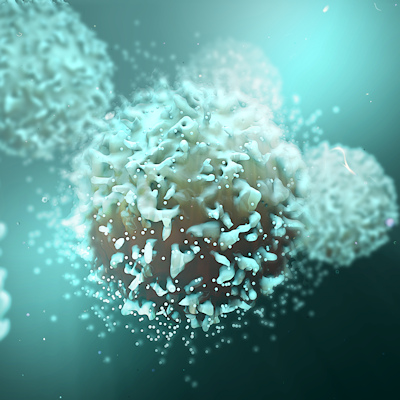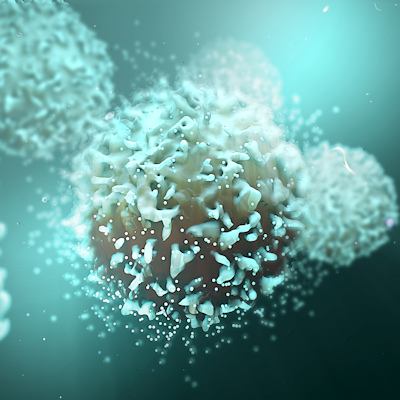July 14, 2022 -- Researchers from the University of California, San Diego (UCSD) School of Medicine, along with colleagues from other institutions, have described the biochemical pathway that results in the generation of oxidized mitochondrial DNA (mtDNA) and how it is expelled by mitochondria, leading to the inflammation characteristic of autoimmune diseases.
Their study, published on July 13 in the journal Immunity, could lead to new anti-inflammatory therapies, according to its authors.
"In addition to charting a new pathway responsible for the generation of inflammation-provoking fragments of oxidized mtDNA, this work opens the door to the development of new anti-inflammatory agents," said Michael Karin, PhD, the study's senior author and professor of pharmacology and pathology at UCSD School of Medicine, in a statement.
Oxidized mtDNA fragments enter the cytosol -- the fluid within a cell in which organelles float -- where they can bind with the NLRP3 and cGAS sensors, which spur inflammation. However, the study demonstrated the critical role that the enzyme FEN1 plays in fueling the "auto-inflammatory fire" as FEN1 inhibitors block NLRP3 and cGAS signaling and prevent the onset of the inflammatory process.
Copyright © 2022 scienceboard.net








